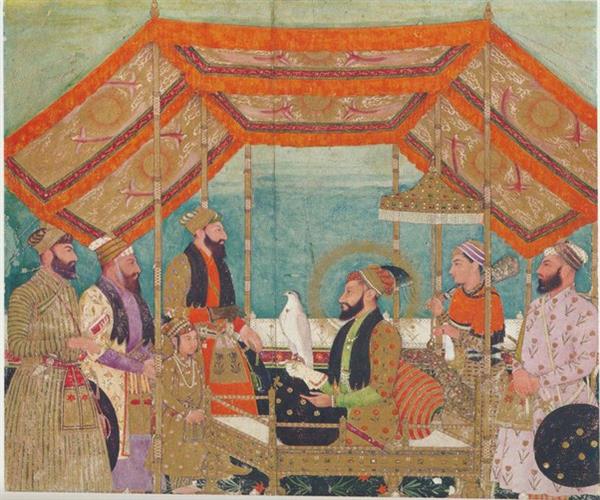Aurangzeb is the third son of Shah Jahan, the emperor who constructed the Taj Mahal. He arrived in Deccan in 1636 and served as governor there until 1644. In 1645, he was governor of Gujarat, and in 1647, he was governor of Afghanistan. He returned to Deccan after failing to retake Kandhar. He makes the decision to settle in Malik Ambar, Khadki. It was later renamed Aurangabad. Aurangabad can be translated as the community of Aurangzeb because abad means community.
Aurangzeb was given the title of 'Abad' (meaning town) in Maharashtra in recognition of his significant contributions to the state. Aurangzeb ruled the vast Maratha empire from his capital in Deccan, and during his long tenure, he significantly expanded the territory under Maratha's control. This expansion led to the rise of Maratha power in central and southern India, and Aurangzeb is credited with playing a significant role in this development.

Aurangzeb is best known for his aggressive military campaigns, which extended Maratha control over much of central and southern India. He is also credited with bringing stability to the empire, which had been wracked by internal conflict and civil wars during his predecessor's reign. Aurangzeb's legacy is therefore significant not only for his military achievements but also for his efforts to consolidate and expand Maratha's power.
Aurangzeb was the sixth emperor of the Mughal Empire and was responsible for many important changes in the empire. He was a very powerful ruler and is considered one of the most significant figures in Mughal history. Aurangzeb is best known for his campaigns against the Marathas and for his efforts to restore the Mughal Empire after it had been weakened by internal conflict. He was also known for his strong religious beliefs and for his efforts to promote Islamic culture in the empire. Aurangzeb died in 1707 and is buried in the Taj Mahal in Agra.